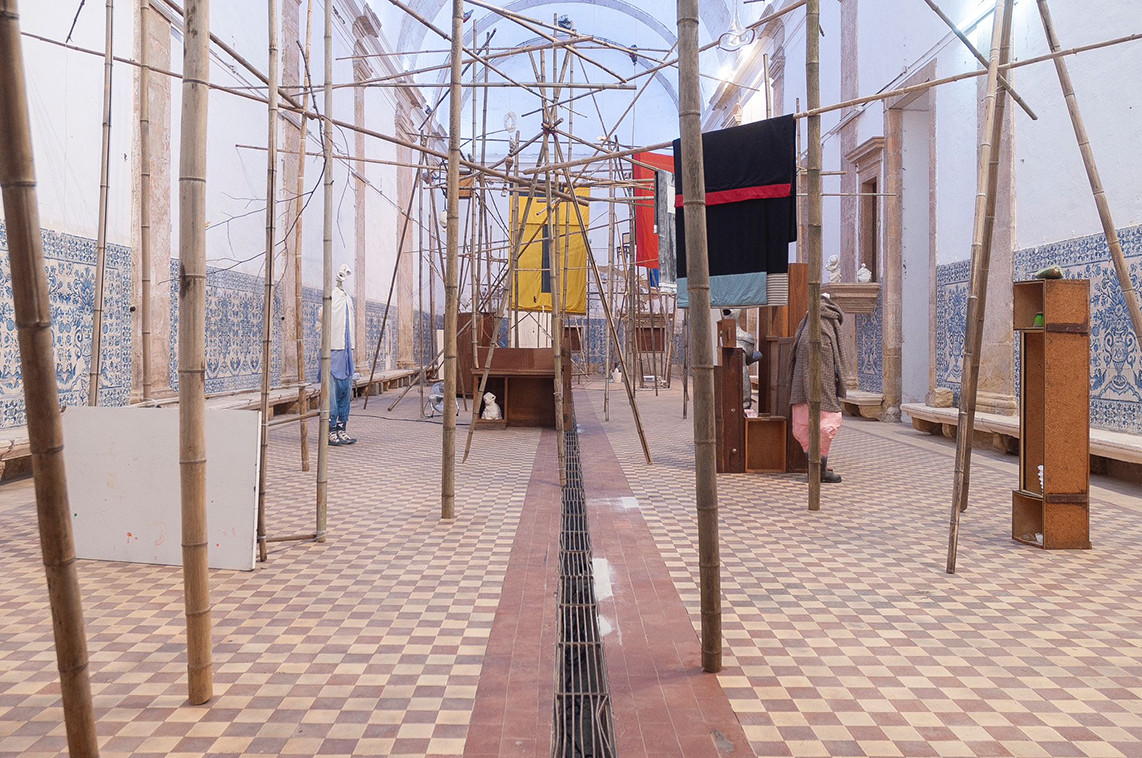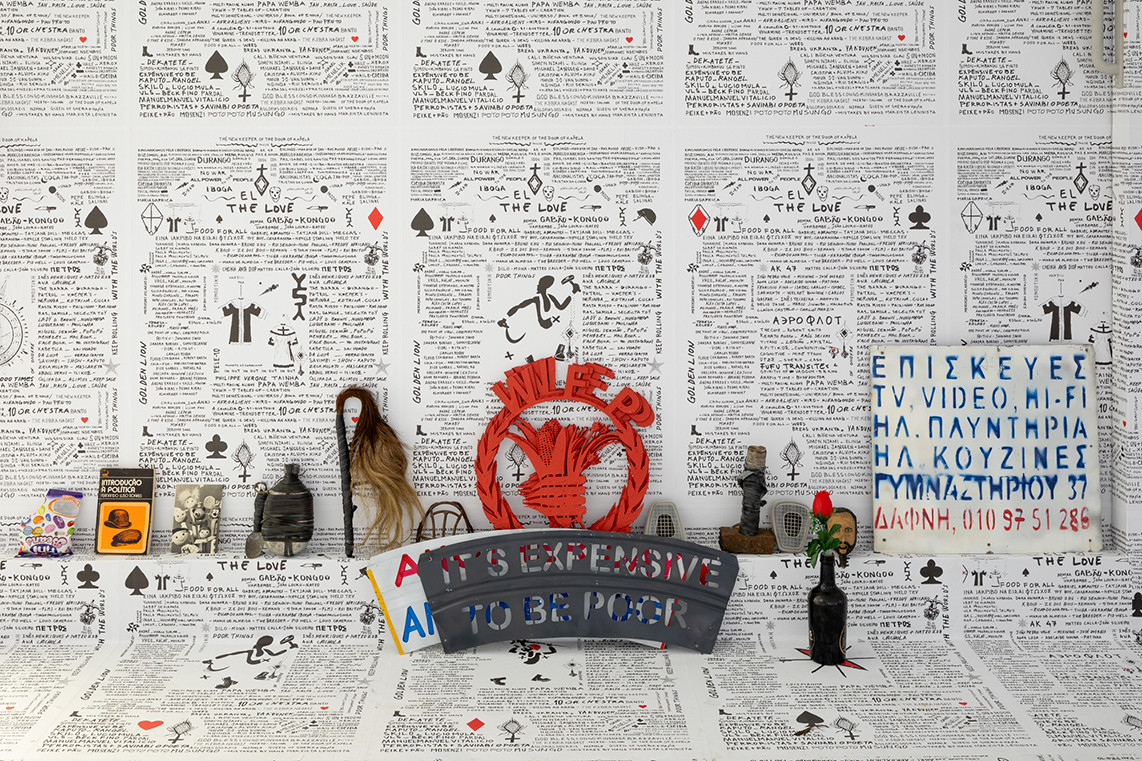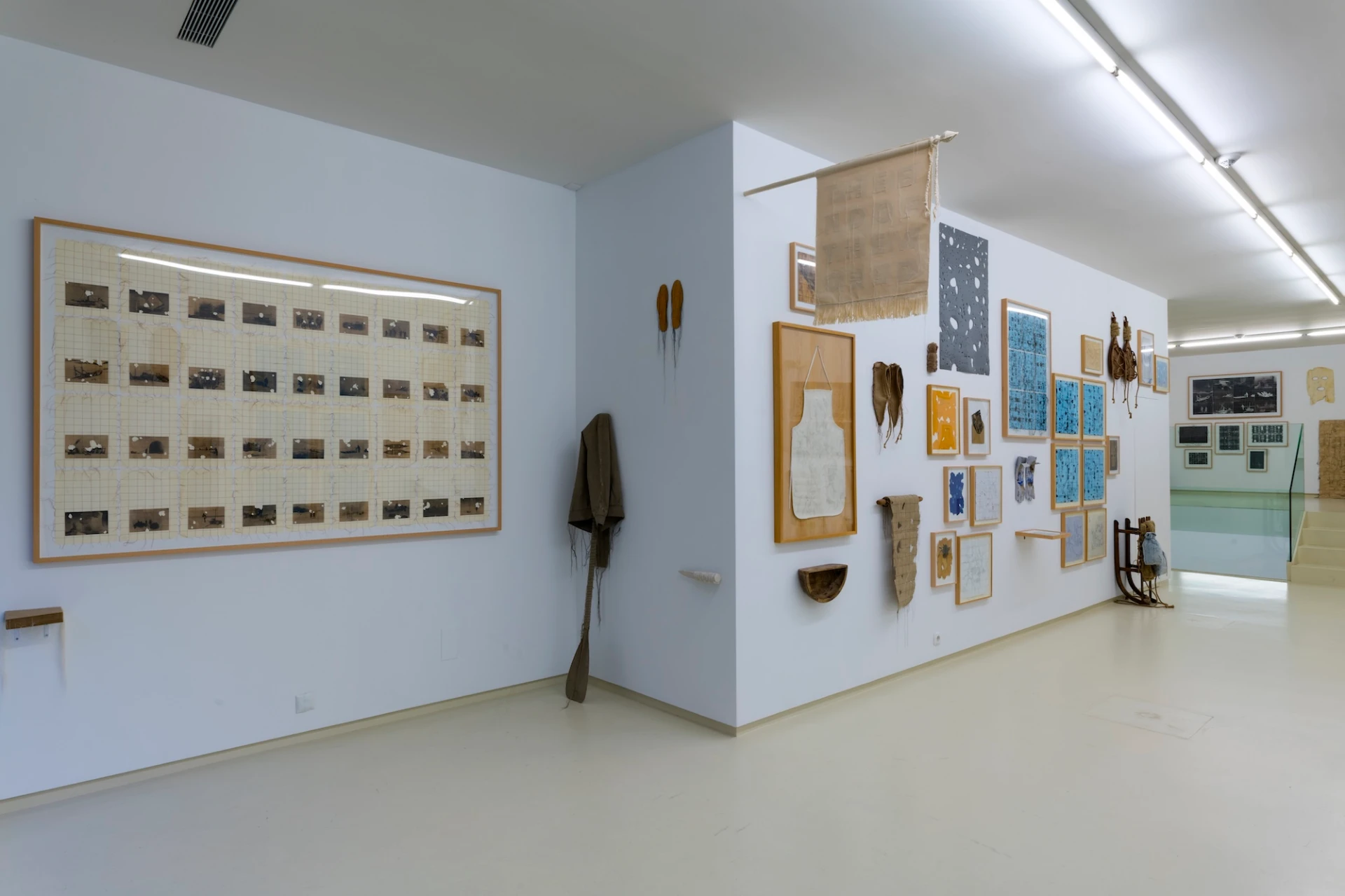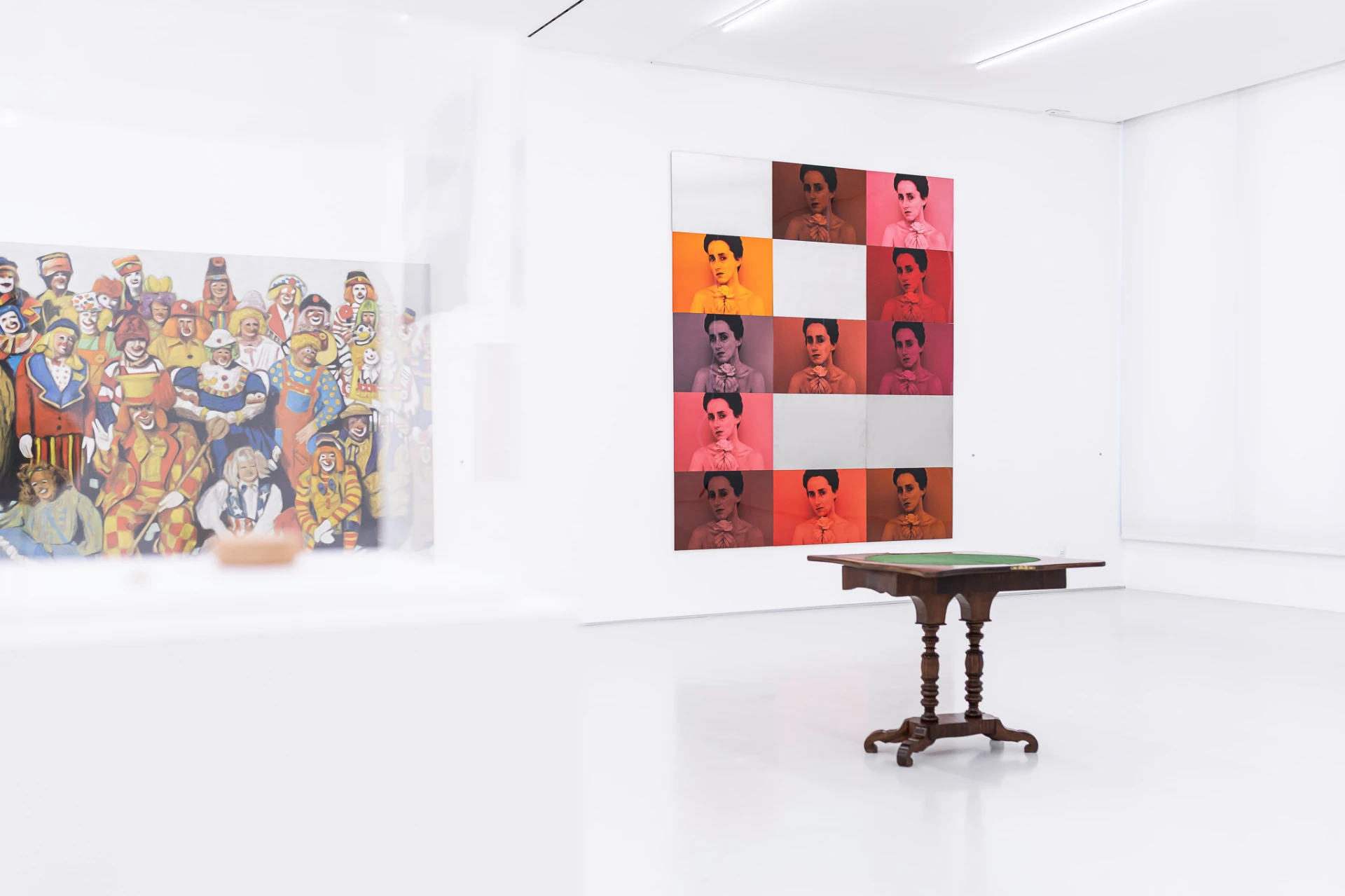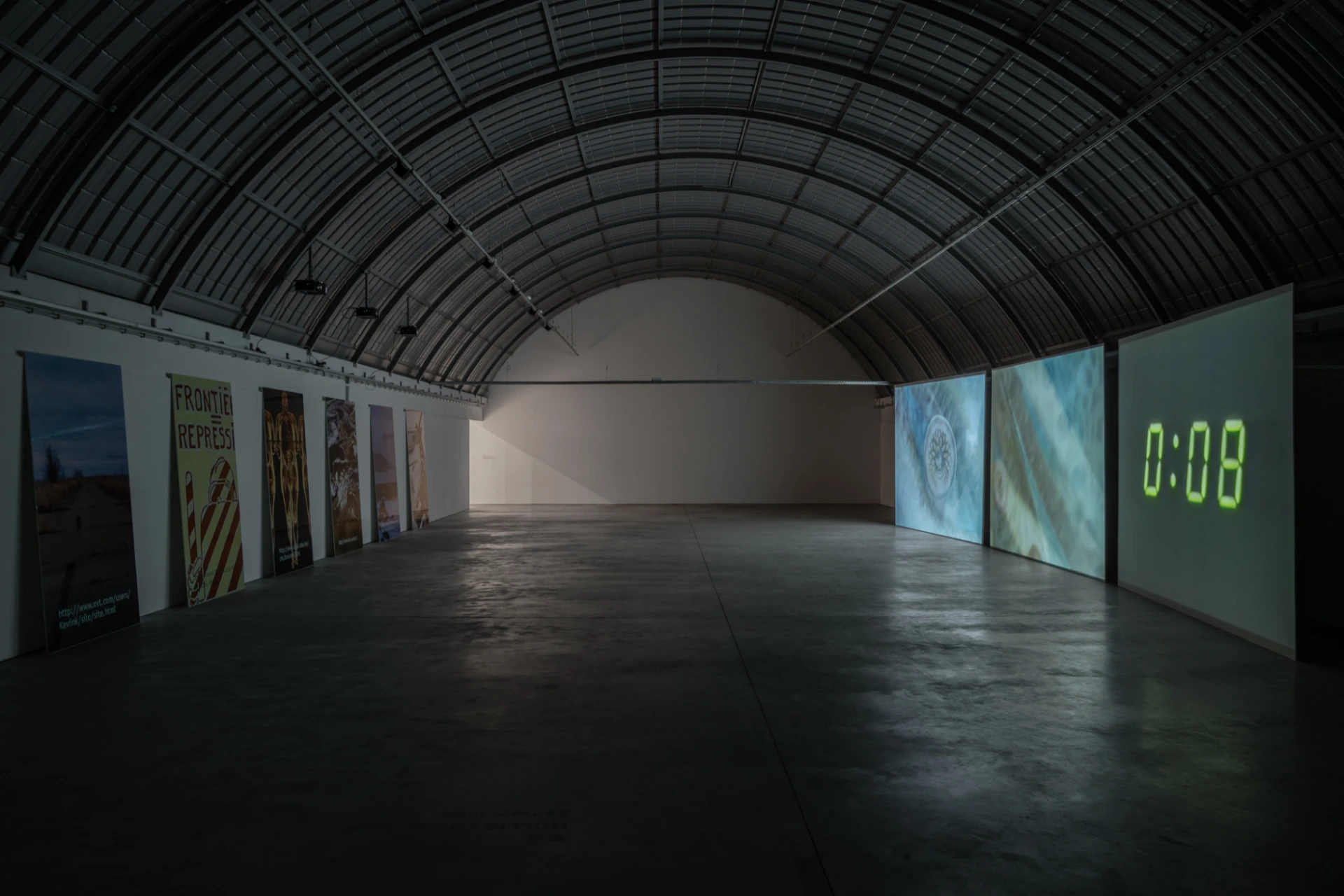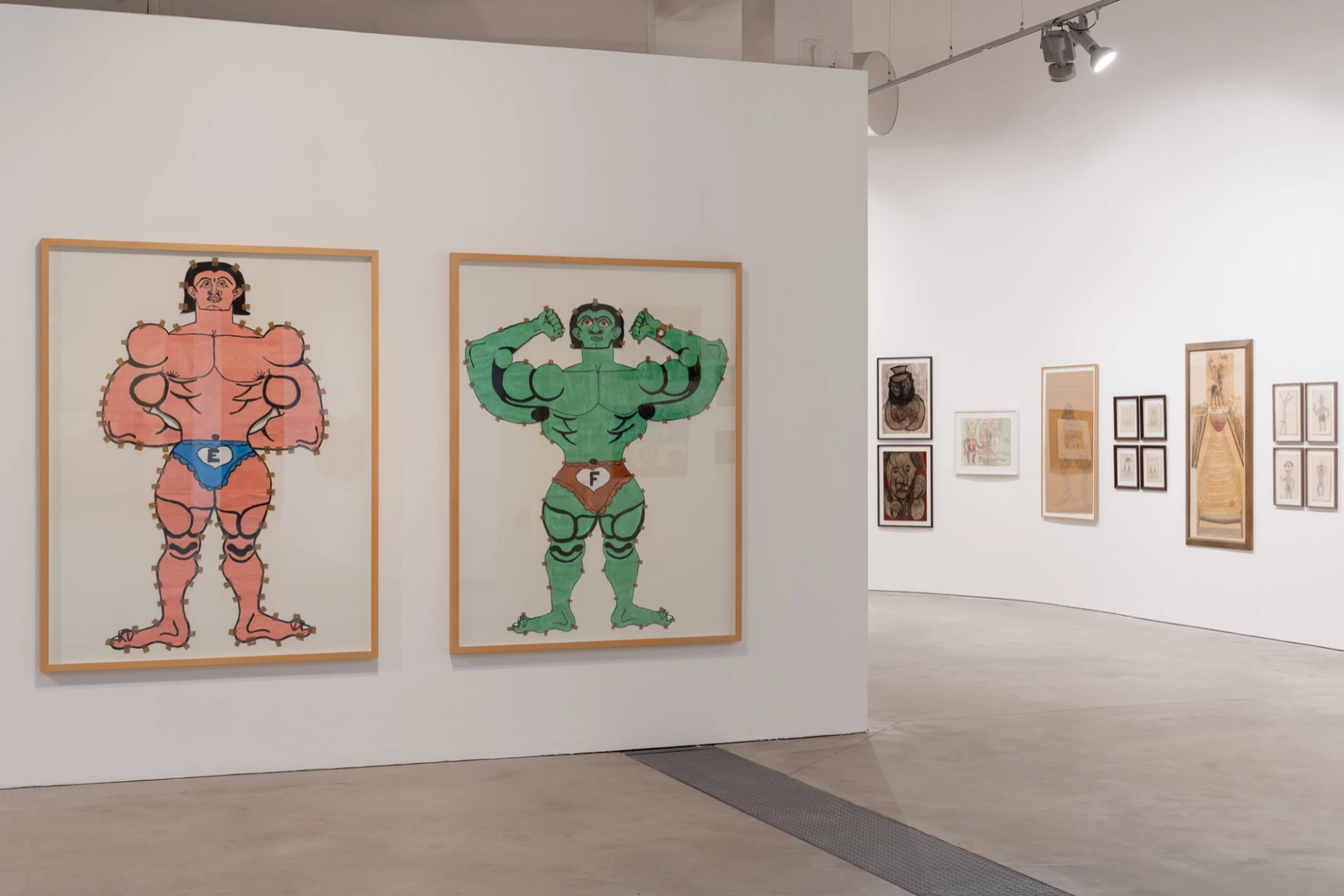Making culture accessible in Porto, nurturing historical and cultural identity and social inclusion, has been one of the key challenges of the Culture in Expansion programme promoted by Porto City Hall. Throughout its 10 years of activity, it has been increasing cultural awareness among heterogeneous audiences through free events and activities in decentralised areas of the city.
With a collaborative programme conceived with mediating structures, Culture in Expansion’s partnership with Sonoscopia to produce and develop initiatives related to the Association of Residents of Bairro da Bouça and its surrounding communities stands out since 2020. By inviting artists with different practices to develop projects under the banner Repensar a Bouça – Amarante Abramovici and Raquel S., in 2021; Mariana Caló and Francisco Queimadela, in 2022; and Cláudia Teixeira Martinho, in 2023 – Sonoscopia this time invited Daniel Moreira and Rita Castro Neves, whose artistic residency project took the form of the ephemeral exhibition Infantário Revolucionário [Revolutionary Kindergarten], 2024. Drawing on “the memory and history of setting up a self-managed nursery school by the Association of Residents of Bouça do Porto, in the post-Carnation Revolution period”[1], as an “iconic pedagogical, political, community and social experience for the present day”, the artist duo reflect on the school of the future. The outcome of extensive research and community involvement, the presentation of Infantário Revolucionário took place in April, the beginning of the fiftieth anniversary celebrations of the Carnation Revolution, at the Association of Residents of Bouça, a former factory and one of the focal points of SAAL Norte.
A large black banner on the stage of the Association of Residents of Bouça bears the slogan “The worker’s child is entitled to a kindergarten”, the same sentence that was graffitied on the wall of the Association’s headquarters in the 1970s and photographically sht by architect Alexandre Alves Costa – witness to the struggle for access to education for Bouça’s underprivileged population, which would eventually materialise with the establishment of the kindergarten for the neighbourhood’s children and which remained active for six years. As we walk around the exhibition and ephemeral installation, we notice the slideshow of photographs by architects Alexandre Alves Costa, Camilo Cortesão, Sérgio Gamelas and from the Association of Residents of Bouça archive, important historical and documentary sources revealing the social, cultural and pedagogical nature of the Association and the self-managed kindergarten. Theatre performances, concerts, shadow and puppet theatres, athletics races: there are various kindergarten activities revealed in the archive footage, showing us how the children of Bouça’s workers grew up and learned in the post-revolutionary period. In the same place, to the sound of intervention musicians such as Sérgio Godinho, Zeca Afonso, José Mário Branco and Adriano Correia de Oliveira, among others, we listen to and read in dialogue with the memories of the recent past, the testimonies and wishes of today’s children about the ideal kindergarten and a happy school for all. We watched the videos with their criticism and hopes for the future, and read their ideas and proposals in the handmade items and posters they drew and painted, spread around the hall, emphasising their desire for a free kindergarten.
Speaking about the artistic project Infantário Revolucionário, part of the Repensar a Bouça programme, Daniel Moreira and Rita Castro Neves mention: “in a country with an unsatisfactory public network of kindergartens and at a time when education is being called into question, with major demonstrations in the sector, we felt that the celebration of the fiftieth anniversary of the Revolution and genuine democracy should involve learning from self-management experiences, paying tribute to all the collective educational and social experiences that have historically led to safe places for learning and living together.”[2] Mindful of how important pedagogical actions are to defending democratic values; promoting social, racial and gender equality; and developing knowledge-based, free and humanist thinking, the artist duo crossed several eras in the same space, evoking the past, the present and addressing the risks of the future, without neglecting today’s children. The same children who, in a festive and convivial atmosphere, holding signs and against the backdrop of the 1976 revolutionary mural of Bairro da Bouça, authored by architects Maria José Abrunhosa and Sérgio Gamelas, sang Grândola Vila Morena in a final performance charged with symbolism and emotion.
[1] MOREIRA, Daniel; NEVES, Rita Castro. (2024). O filho do operário tem direito a um infantário. [Exhibition text].
[2] Idem.
